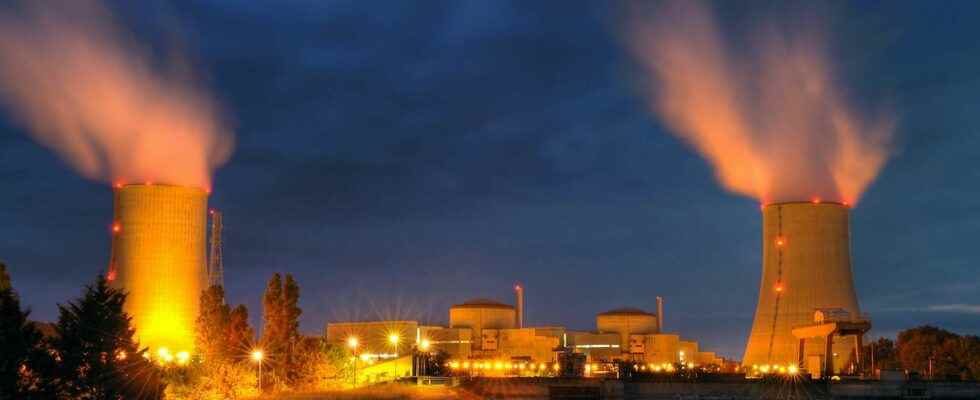This time there it is. It is done. The European Parliament has voted. The production of electricity in the nuclear center and in power plants gas – under certain conditions all the same – will henceforth be considered as “green”. Or more exactly as ” of transition “. What to allow investments in these two sectors while remaining within the framework of the objective of carbon neutrality decreed by the European Union (EU) for 2050. Because that is what it is all about. Carbon neutral. So, beyond the dogmatic arguments, let’s try to understand.
Firstly, nuclear. It should be recalled that in 2021, the Joint Research Centre, the scientific and technical research laboratory of the European Union, published a report who concluded that he “there is no scientific evidence that theenergy nuclear power harms human health or the environment more than other electricity generation technologies already included in the taxonomy of the EU as activities supporting the mitigation of climate change ». “The impacts of nuclear energy are for the most part comparable to those ofhydroelectricityand renewable energieswith respect to non-radiological effects”, further specified this report. More recently, a study confirmed it. Nuclear emits extremely little CO equivalent2 per kilowatt-hour (gCO2e/kWh) produced. In France, much less than solar or wind, for example.
In a communicated published following the vote of the European Parliament, the network “Getting out of nuclear power” describes nuclear energy as “dangerous, polluting, producing unmanageable waste and too slow and too costly to constitute a relevant lever in the face of the climate emergency”. But most of these arguments seem to be brushed aside with regard to the objective of European taxonomy. Remember, this objective is that of carbon neutrality. Even if the taxonomy poses some conditions to the nuclear. Conditions relating in particular to the management of its waste and security measures, and which limit the qualification “transitional energy” by 2045.
The only real question that can perhaps arise is that of the climate emergency. Maybe. Because the nuclear center existing ones are there to answer them. And the experts say it and repeat it: it is now that we must invest in the nuclear power of tomorrow. Precisely so as not to fall behind on our carbon neutrality objectives. Certainly not – as some pro-nuclear people may suggest – to oppose renewable energies. Because in the end, all low-carbon energies will be good to be mobilized.
Nuclear power and gas on an equal climate footing?
So what about gas? The one that many like to call natural gasand that anti-nuclear people like to push, when in reality it is nothing but a gas fossil! “Yes, but gas is only included in the European taxonomy under certain conditions”, answer the progas. If the gas-fired power station in question replaces a coal, for example. And this, before 2030. But also, if the gas plant does not emit more than 100 gCO2e/kWh. Yes, you read that right, 100 gCO2e/kWh. Compared to 4 gCO2e/kWh of French nuclear power, it’s cold in the back .
And the following will make integrating fossil gas into the taxonomy “green” even more incomprehensible. Of the german researchersin fact, demonstrate today that fossil gas cannot be considered as “a transition technology towards a 100% renewable energy system as defined by the Paris Agreement on the climate ». According to them, fossil gas is not ” never “ an alternative to be preferred to coal or oil . Because he is not only responsible foremissions of carbon dioxide (CO2), but also methane emissions (CH4) throughout the value chain. Through fleeting emissions of this mighty greenhouse gaswhich have hitherto not been sufficiently taken into account in the carbon footprint of fossil gas.
We need to get out of fossil gas
The researchers also believe, thanks to their interdisciplinary approach, that an expansion of the gas infrastructure “would cement dependence on fuelsfossil fuels and related emissions for decades. With enormous economic costs delaying the development of a 100% renewable energy system. » What, therefore, to curb the energetic transitionwhile entailing enormous economic risks. “The energy, climate and geopolitical crisis surrounding fossil fuels today highlights the need for a fossil gas exit, which must be organized and implemented by society as a whole. » This is the conclusion of the researchers.
The real question that ultimately arises is perhaps to know how two means of production so different from the point of view of their impact on our climate could have been subjected to a single vote in the European Parliament…
Interested in what you just read?
